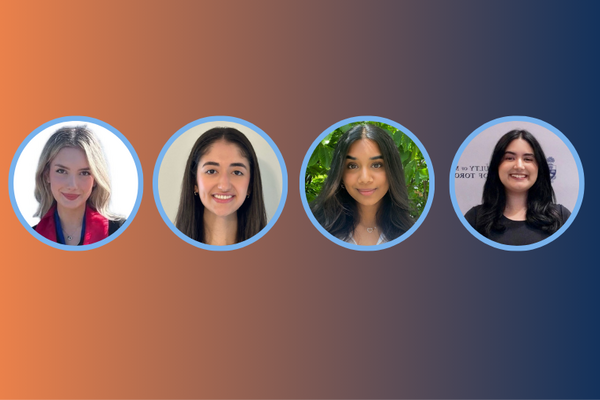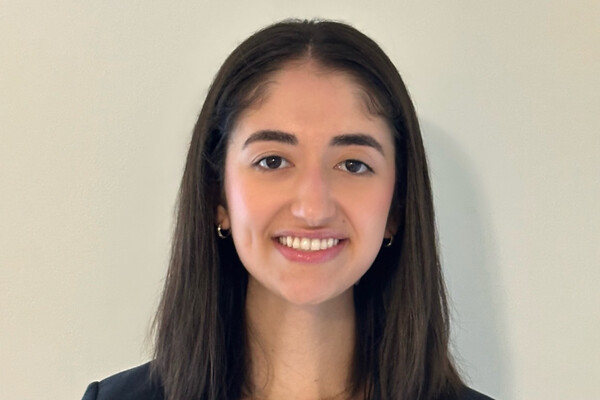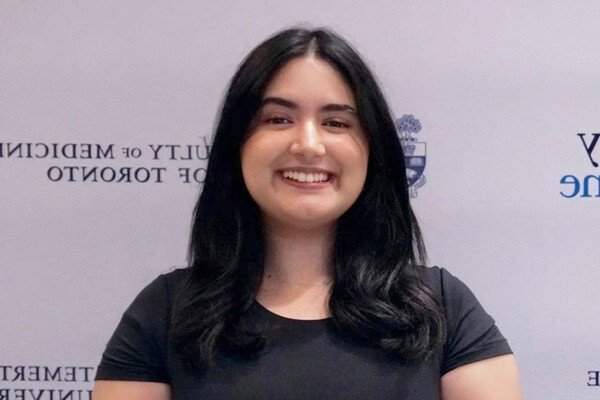Breadcrumbs
Assessing the Usability of DataDay - A Self-Management App for Individuals with Mild-to-Moderate Dementia and Mild Cognitive Impairment (MCI)

Many people living with dementia and MCI manage their condition at home without ongoing access to health services, resulting in poorer health outcomes, loss of empowerment, and caregiver burden. Notably, people living with mild-to-moderate dementia & MCI lack effective tools to self-manage their condition.
Therefore, there is a need for an evidence-based tool that enables patients to self-manage their condition and improve their quality of life.
Our study aims to assess the usability of DataDay, a self-management application, and its ability to improve the quality of life of people living with mild-to-moderate dementia or MCI and their caregivers.
Background
Over 55 million people are living with dementia globally, with this number expected to reach 139 million by 2050 - 1.7 million of which will be in Canada. Therefore, accessible tools for daily support are more crucial than ever.
Dementia and MCI impacts memory and daily functioning, making consistent self-management difficult. Many individuals manage their condition at home, often seeking healthcare only in times of crisis, increasing their risk of hospitalization and emergency room visits. These acute care visits are often associated with a greater risk of poor health outcomes related to delirium, behavioural problems, reduced physical function, and increased mortality.
DataDay is a digital self-management app developed by Dr. Arlene Astell at the Dementia Ageing Technology Engagement (DATE) Lab. It aims to provide daily support to people living with mild-to-moderate dementia or MCI in order to slow decline and dependency, subsequently improving the quality of life and autonomy of patients and their caregivers.
The app combines the Novel Assessment of Nutrition and Ageing, or NANA, toolkit with ReMind, a reminding and scheduling app co-created with people with dementia. DataDay consists of four modules, each featuring games and data entry logs to track cognition, physical activity, mood, and nutrition.
To test the current iteration of DataDay, we conducted a 6-week longitudinal intervention study in which patient-caregiver dyads used the app and provided feedback. We subsequently conducted focus groups with caregivers to enrich our findings of the barriers and facilitators to the DataDay's use. Lastly, we created a comprehensive guide on inclusive research in individuals living with dementia and MCI, using DataDay and the Toronto Translational Thinking Framework.




